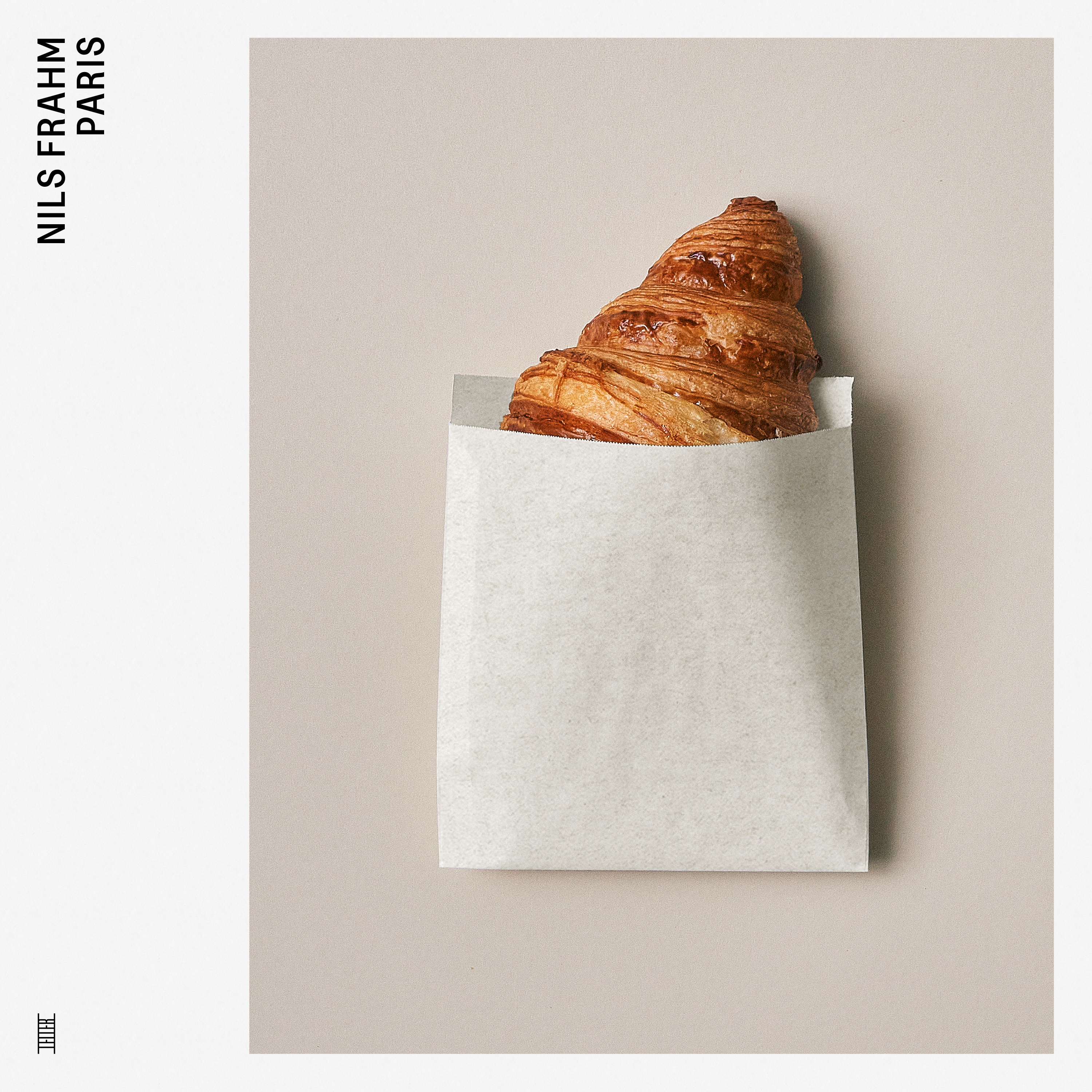-
LTR046Nils FrahmParis2024

Nils Frahm shares another live album, capturing a moment from his recent ‘Music For’ world tour. ‘Paris’ was recorded in the dramatic surroundings of the Philharmonie de Paris’ Grand Salle Pierre Boulez, one and a half years after his magnum opus, ‘Music For Animals’—“a musical waterfall,” according to PopMatters, “of monumental proportions.” In what’s becoming a tradition, it follows 2013’s ‘Spaces,’ a Pitchfork Album of the Year recorded at shows over the preceding 18 months, and 2020’s ‘Tripping With Nils Frahm,’ also released as a film. The latter, arriving in the wake of 2019’s ‘All Melody,’ was recorded during shows in Berlin’s grandiose Funkhaus Saal 1, once the largest studio in the former GDR’s radio complex. ‘Paris,’ nonetheless, is Frahm’s first live album from a single night—March 21, 2024—and contains ten tracks with a total running time of 84 minutes. It is available on 2LP as well as through all digital platforms.
Frahm’s performances have always been known for expanding upon his studio recordings, and ‘Paris’ is no exception. Drawing on his substantial catalogue, the German composer and producer reworks tracks from ‘Music For Animals’ (‘Right Right Right’ and ‘Briefly’) before less recent material from 2009’s ‘The Bells’ (‘Some’, also included on 2015’s Solo), and 2012’s ‘Screws’ (‘Re’, originally recorded with just nine fingers after Frahm broke a thumb). There’s also ‘Spells’ from ‘All Encores’ and ‘You Name It’ from this year’s solo piano album, ‘Day’, while the brand new, luxurious and strangely gripping ‘Opera’ sets the stage for ‘On The Roof’ from his heart-rending, award-winning score for 2015’s widely acclaimed, one-camera, one-take German thriller, ‘Victoria’.
Having first come to prominence with delicate vignettes for piano, Frahm’s instrumental range has expanded to include a mountain of vintage synths and keyboard instruments. These include a custom-made organ as well as the final glass harmonica constructed by Gerhard Finkenbeiner, a master glassblower who, in the 1980s, resurrected the instrument – first invented by Benjamin Franklin in 1761 – and then died in 1999 in mysterious, still unresolved circumstances. Frahm’s grasp of dynamics and tension has likewise expanded, and not only does he reinvigorate his work during concerts for this wider range of possibilities, but he also keeps developing it as he tours.
In ‘Paris’, Frahm bounded on stage in matching black jeans and T-shirt, topped and tailed by his now trademark newsboy cap and spotless Adidas sneakers. Donning, then moistening a pair of magician’s white gloves, he playfully flicked water into the audience, before turning to his glass harmonica. Once banned in parts of his native homeland during the 18th century – after being blamed for awakening the spirits of the dead when a child passed away during a concert – Frahm instead uses it to summon a hypnotic stillness maintained over the best part of half an hour.
Indeed, he spends ‘Prolog’’s first nine minutes casting a spell from behind its fragile, revolving and glowing glass wheels, before switching to organ to conjure a celestial fairground, then, accompanied by the swelling of a synth’s rich, ghostly chords, returning towards a meditative stillness. Twelve minutes in, moreover, and with no pause for applause, Frahm’s fingers begin dancing over his piano’s keys to the quiet pulse of a synth for a variation on ‘Right Right Right’ twice as long as its Music For Animals rendition. By the time we’re immersed in its chimerical, exclusively electronic world, we’re far removed from the symphony halls in which he often plays, with even its climactic choral voices otherworldly. His reward, the first of the evening’s applause, is typically, riotously emphatic.
Frahm plots an adventurous path through the rest of his set, transforming his audience into “wild animals” to provide atmospheric detail amid ‘Briefly’’s slow-burning, 18-minute crescendo alongside gently cascading synths and a patient arpeggio. He’s back at the piano for ‘You Name It’, but a shifting, dubby landscape emerges out of ‘Spells’’s percussive pitter patter, its sparkling synths and disembodied choral voices like a luminous cloud of butterflies. His first encore, ‘Opera’, also fills the auditorium, this time with hypnotic slabs of textured sound, before ‘Our Own Roof’ restores the mesmerising stillness with which the show began, with ‘Hammers’ providing a closing, dazzling display of Frahm’s technical and physical prowess.
This finale’s fifteen year history in many ways encapsulates Frahm’s ascent to these distinguished, historic venues as one of his country’s finest contemporary artists. Originally recorded with Peter Broderick in 2009, it was generally first heard in the shows leading to ‘Spaces’, while the earlier version only surfaced on ‘Graz’, released to celebrate Piano Day 2021, the annual event founded by Frahm. Notably, both versions, like Paris’, show this venerable piece in a different light, and much of the album highlights the endlessly ongoing creative reinvention always at the heart of Frahm’s art.
If he leaves the stage to the same uproarious jubilation with which he was initially greeted, ‘Paris’ makes it clear why he’s been so in demand. He’s been booked, frequently for multiple nights, at halls around the world, including Sydney’s Opera House, London’s Barbican and LA’s Orpheum Theatre. Indeed, the LA Times wrote of ‘Tripping With Nils Frahm’, “Watching him at work, and hearing the audience react, is a little like watching an athlete at the top of his game.” Expect nothing less from Nils Frahm on ‘Paris’, a vital document of this ingenious, gifted musician’s endless pursuit of fresh perspectives.